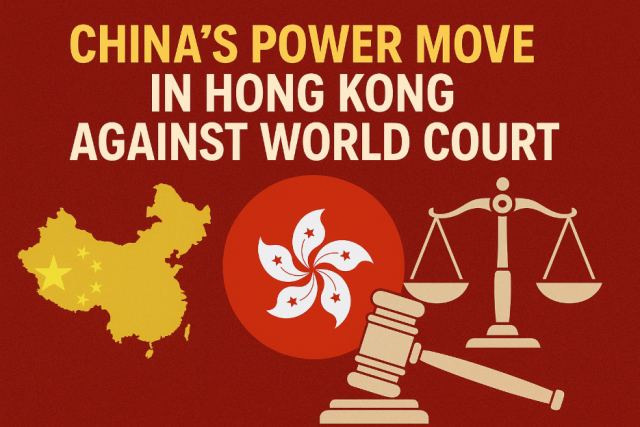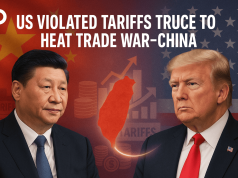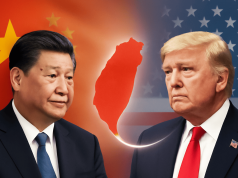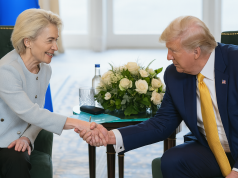In an effort to challenge the International Court of Justice (ICJ) as the preeminent dispute settlement body in the world, Beijing has signed a convention creating an international mediation organization based in Hong Kong. Chinese Minister of Foreign Affairs Wang Yi presided over a ceremony in Hong Kong on Friday to sign the Convention on the Establishment of the International Organization for Mediation (IOMed) into law.
China took action because of the escalating geopolitical tensions heightened by the global trade and tariff war triggered by United States President Donald Trump, which has increased the likelihood of a severe global economic crisis. In recent months, investors and markets have focused on the mounting trade tensions between the US and China, which have had a significant impact on global supply chains and businesses.
Representatives from more than 30 other nations, including Indonesia, Pakistan, Laos, Cambodia, and Serbia, attended the ceremony. Hong Kong’s official broadcaster, RTHK, headquartered in Kowloon, reported that representatives from 20 foreign organizations, including the United Nations, were present at the ceremony.
According to a film shown during the signing ceremony, the body will address instances involving disagreements between states, between a nation and citizens of another state, and between private international organizations. Furthermore, Beijing aims for the organization to enhance Hong Kong’s declining international standing by solidifying the city’s position as a leading global center for mediation.
Resolve International Disputes Through Mediation
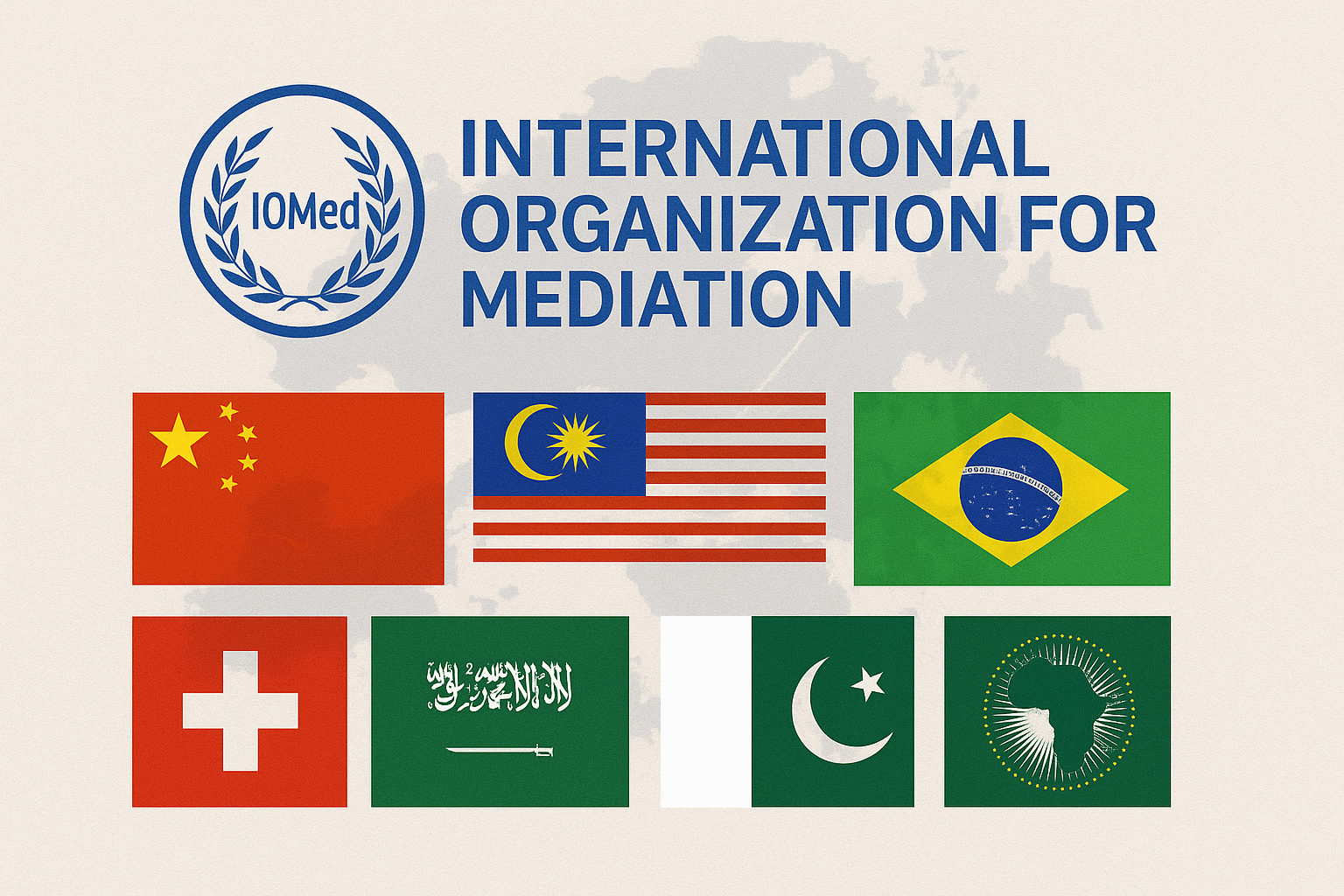
IOMed was referred to as the “world’s first intergovernmental international legal body fervent about resolving international disputes through mediation” in an unbylined editorial post that appeared in China’s state-run tabloid Global Times.
According to the statement, IOMed will close a “critical gap in mechanisms focused on mediation-based dispute resolution.”
It continued, “The International Organization for Mediation’s founding represents a significant turning point in world governance and emphasizes the importance of settling disputes in a ‘friendly and flexible manner.”
John Lee Ka-chiu, the Chief Executive of Hong Kong, stated this week that IOMed’s standing would be comparable to that of the Permanent Court of Arbitration in The Hague and the International Court of Justice (ICJ). Lee added that it would encourage a number of industries, such as transportation and hospitality, and help provide “substantial” economic benefits and job possibilities to Hong Kong.
Where will the Headquarters of IOMed be located?
The officials announced plans to open the IOMed headquarters by the end of this year or in early 2026. The likely location of the headquarters will be at a former police station in the Wan Chai district of Hong Kong. While several details about the new body are still unknown, it could pave the way for greater collaboration between formal mediation and litigation, as well as more flexible approaches to dispute resolution.
Hong Kong’s Justice Secretary, Paul Lam, stated in an opinion piece article published in the South China Morning Post that IOMed would assist Hong Kong in addressing the challenges posed by hostile external forces that are attempting to de-functionalize and de-internationalize it. He explained that to tackle such a challenge, Hong Kong should capitalize on the IOMed headquarters as an opportunity to strengthen the city as a global dispute resolution center, thereby fully leveraging its institutional advantages under the ‘one country, two systems’ framework.
Hong Kong has faced continued economic sluggishness since its handover to Chinese rule in 1997, following over a century and a half as a British colony. Following the Chinese surge in control over all aspects of life in the territory, investor confidence has waned, while concerns also persist about the state of China’s post-pandemic recovery.
Shahla Ali, a law professor at the University of Hong Kong, said the IOMed would have the ability to address disputes between countries, between a country and a national of another country, or global commercial disputes. She also said that resolutions can open doors to executing new approaches.


